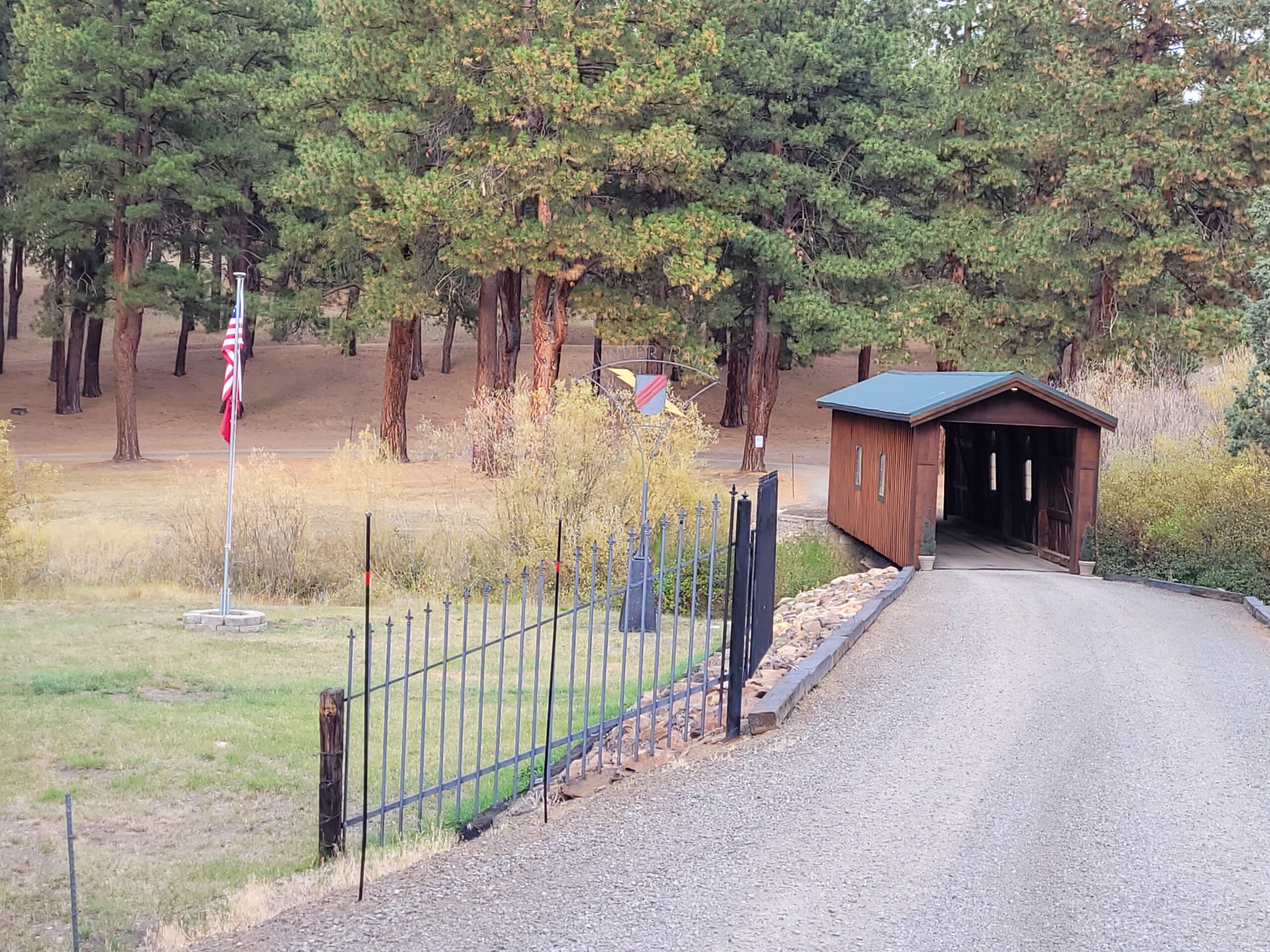Prankster F.A.F.O. and gets it twice
A man who shot a YouTube prankster who followed him around a shopping centre food court has been found not guilty by a US jury.
Alan Colie, 31, was acquitted of aggravated malicious wounding in the shooting of Tanner Cook, 21, who runs the Classified Goons YouTube channel – which has more than 50,000 subscribers.
However, the jury was split on two lesser firearms charges and decided to convict him on one and acquit him on the other.
…
Jurors watched a video of the shooting which shows the confrontation between Colie and Mr Cook lasting less than 30 seconds.
It shows Mr Cook approaching Colie, a delivery driver, as he picks up a food order and Mr Cook looms over him while holding a phone about six inches from Colie’s face.
The phone plays the phrase “Hey dip****, quit thinking about my twinkle” several times through a Google Translate app.
Colie says “stop” three times and tries to back away from Mr Cook, who continues to advance.
He then tries to knock the phone away from his face before pulling out a gun and shooting Mr Cook in the lower left of his chest.
On the legal side, the jurors have spoken and that is all there is.
But I cannot deny enjoying a bit the fact that the asshole pranker got a nice reminder why we should be nice to others in life. He got shot and a jury pretty much said: “You deserved it.”




